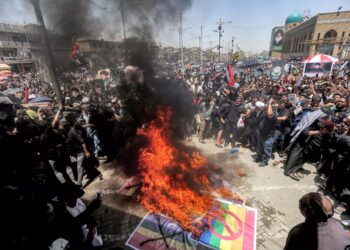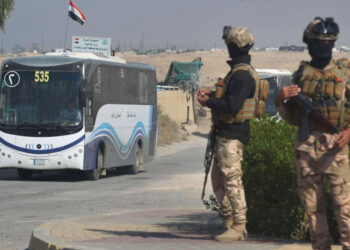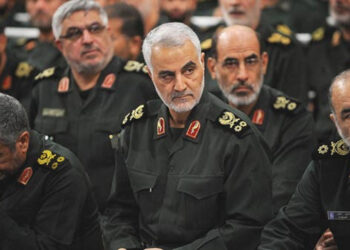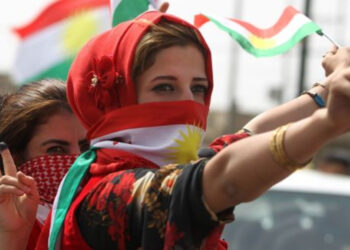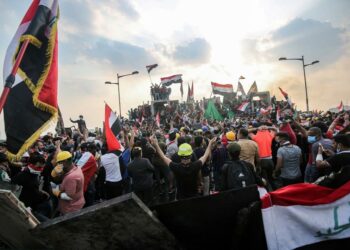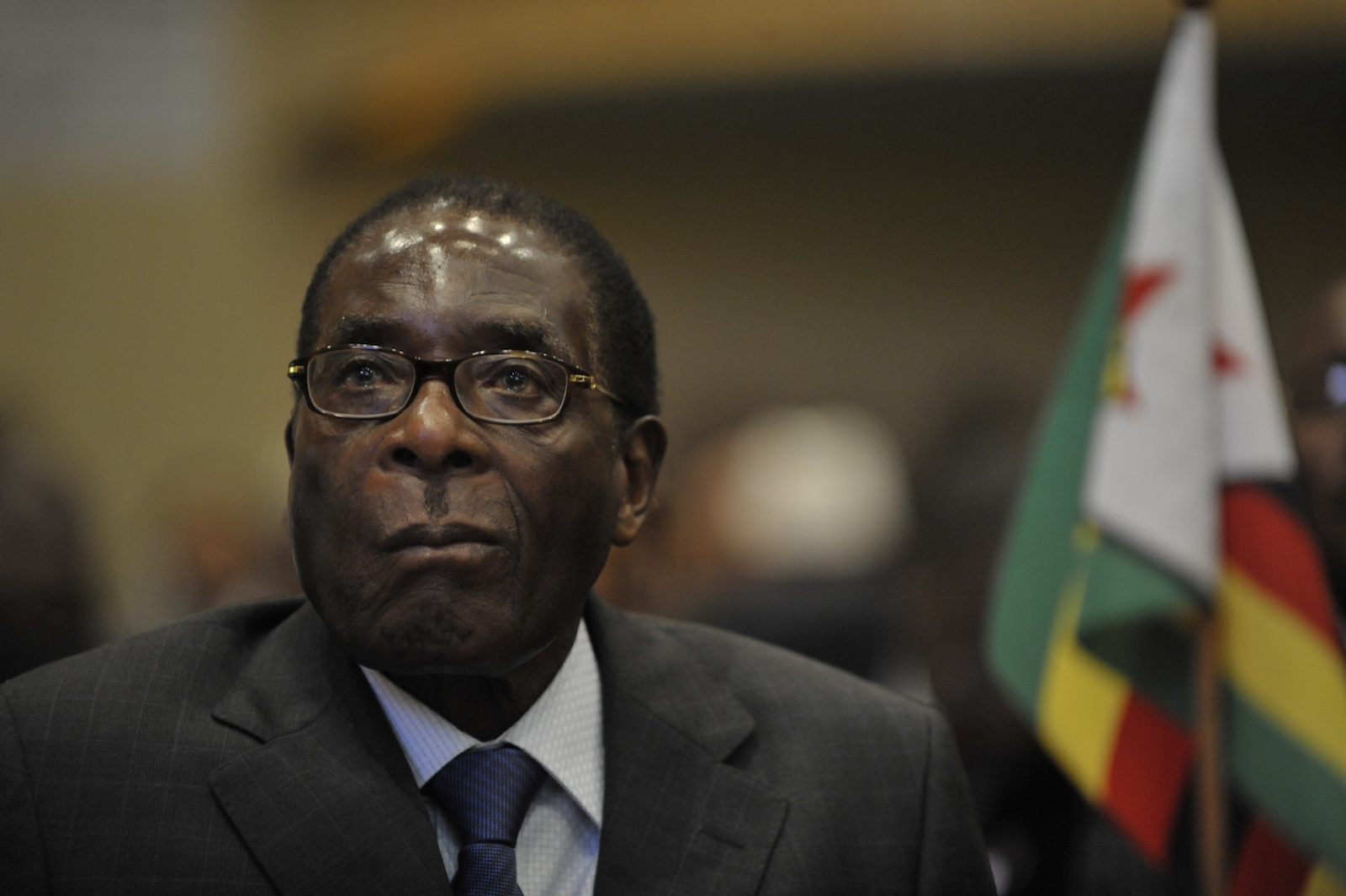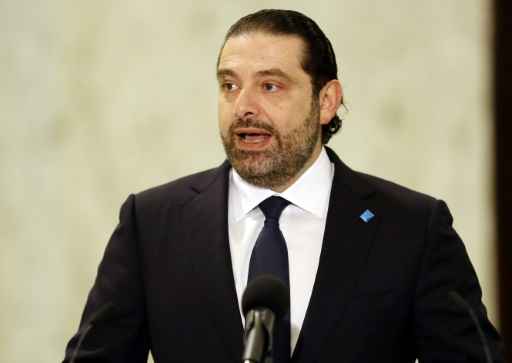In June 2014, the Iraqi Armed Forces were demoralized: the country’s second largest city, Mosul fell into the hands of Islamic State without any significant fight.
“We can’t beat them. We can’t. They are well trained in street fighting and we’re not. We need a whole army to drive them out of Mosul,” an Iraqi officer told Reuters at the time. “They’re like ghosts: they appear to strike and disappear in seconds.”
Three years and more than 13,300 U.S.-led Coalition strikes later, ISIS has lost every major stronghold it once controlled in Iraq.
The battle to liberate Mosul that lasted nine months and four days has become known as the most complex urban operation since World War II. The Iraqi officer who thought the terror group could not be stopped, was proven wrong: the days of ISIS’ physical “caliphate” are all but over. Pockets of leftover fighters continue to be cleared from Iraq every day.
Since 2014, the Coalition has trained some 106,000 Iraqi Security Forces. The ISF have built confidence and became more cohesive, learning to operate in a much more coordinated fashion.
Brigadier General Andrew Croft, the deputy air commander of the anti-ISIS Coalition’s land component, spoke to our sister website, The Defense Post about the progress the Iraqi forces have made and the next stage of operations to clear Iraq of the remnants of ISIS.
Read the full interview:
INTERVIEW: US General Andrew Croft on 3 years of Iraqi armed forces progress



